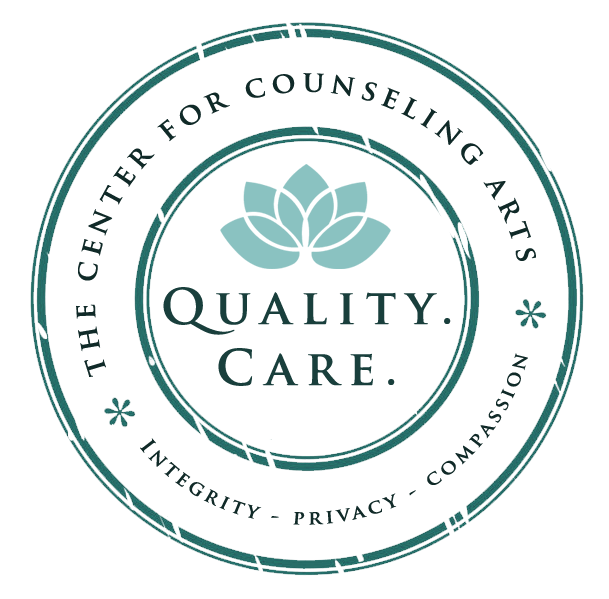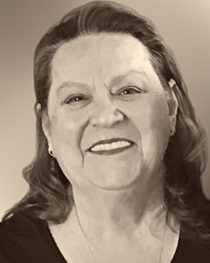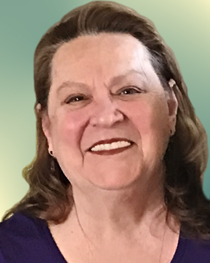Question Six: Expression
If communication is the golden thread in the constructive therapeutic relationship, how can we learn new ways to say what we feel?
Therapy enables new expressions by overcoming fear. We also learn capacities for ownership and self reflection.
In therapy we develop discernment, allowing us to explore the differences between rational thought and feeling. Feelings produce an internal vibration such as warm, cold, tight, erratic, frenzied, hot. These sensations can be translated into recognizable categories: love, fear, tension, anxiety, anger. As we become more aware of these sensations, other people as well as ourselves benefit by no longer needing to infer or guess.
Let's examine the following alternatives of communication:
Someone walks through the door after work, and says: "I am so mad at you. You always start a fight in the morning, just when I am flying out the door to get to work. Make you own dinner!"
Or:
Someone walks through the door after work and says: "I tensed up when you walked through the door. Our fight this morning triggered something in me. I am not sure. Let's talk about it."
The first form is an ineffective communication pattern. The second, an opportunity to communicate via a feeling-state with a framework for a more peaceful connection. The more we discern and own our feelings, the more effective the communication, which further helps others know us more deeply.
Blaming, as a mode of communicating, is impotent; blame incites defensiveness. Defensiveness signals attack, a winner or a loser or a long destructive cold war. Both parties must attend to their wounds. Others may trigger deeper feelings in us far greater than the current situation warrants. In some cases these deeper wounds are exposed to enter our awareness, to gain insight and to be healed. These wounds are real, fused in our psyche by distress and trauma. But the person on the other side of the communication may not be the original actor of the original wound. We must step back and ask ourselves, "How much of what I am feeling belongs to this person? Is this the person who lost or abandoned me at the beach? Or did this person just now show up, a little delayed, but ultimately when they said they would?"
This kind of inquiry can lead to a greater expression of your feelings, promoting deeper connections and revealing your vulnerabilities.
As children, we were afraid or did not have the capacity to say what we felt, what was true for us. We may have been punished. Love may have been withheld. In therapy, perceiving these fears underneath and expressing oneself freely allows us to develop forward. Much anxiety stems from deeper fears, and once released and expressed we enter a new freedom - freedom from distress, denial and contraction.
Our vibration is raised and health is restored. We now know more of who we are and can share it.





